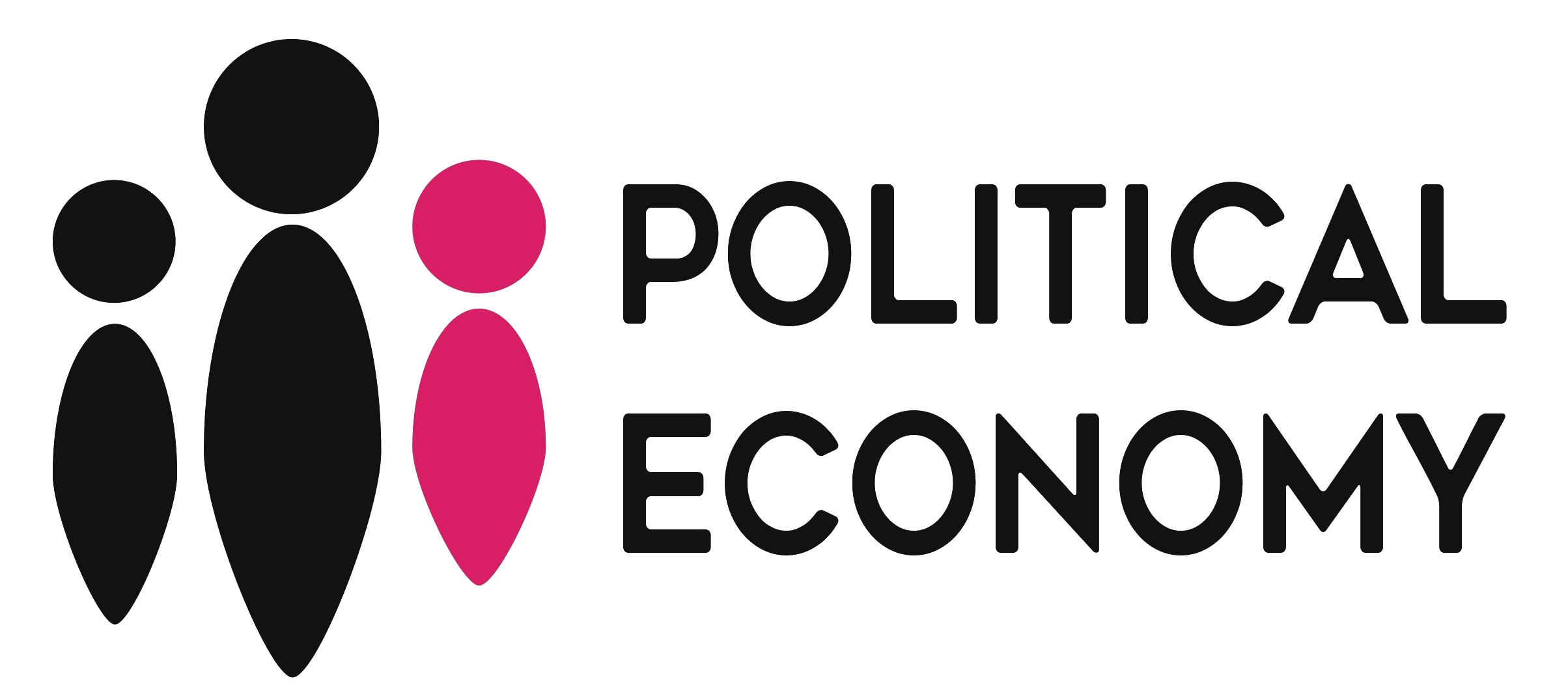Incentives and Defaults Can Increase COVID-19 Vaccine Intentions and Test Demand
-
Author:
Marta Serra Garcia and Nora Szech
-
Source:
Management Science, online in Articles in Advance, 2022; DOI:10.1287/mnsc.2022.4405
- Date: May 2022
-
Willingness to vaccinate and test are critical in the COVID-19 pandemic. We study the effects of two measures to increase the support of vaccination and testing: defaults and monetary compensations. Some organizations, such as restaurants, fire departments, hospitals, or governments in some countries, use these measures. Yet there is the concern that compensations could erode intrinsic motivation and decrease vaccination intentions. We show that, in the early stages of the pandemic, both approaches, compensations and defaults, significantly increased COVID-19 test demand and vaccine intentions. For vaccines, compensations need to be large enough because low compensations can backfire. We estimate heterogeneous treatment effects to document which groups are more likely to respond to these measures. The results show that defaults and avoidance of small compensations is especially important for individuals who are more skeptical of the vaccine, measured by their trust in the vaccine and their political views. Hence, both measures could be used in a targeted manner to achieve stronger results.

